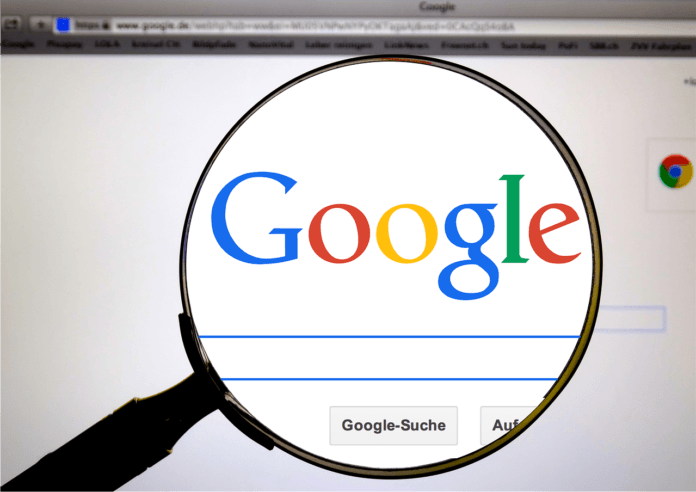Google manipulates our overall data from our visits to any site to online shopping. Now, this mega search engine wants to merge online ads and real world sales together. It is putting lots of effort to sell more digital advertising by keeping an eye on what you’re buying in real-world stores.
In actual, Google is planning to reveal the store-sales measurement tool. The tool will scan most credit and debit cards’ offline transactions and notify merchants when their digital ads translate into sales at a brick-and-mortar store.
According to Google, it will make an effective relationship between online advertising and offline sales. Additionally, it may make merchants ready to boost their digital marketing budgets.
Google is also introducing several other features designed to help merchants drive more traffic to their physical stores and to gain a better understanding on how online ads appearing across a variety of devices are affecting their sales.
In this tool, Google’s computers are connecting the dots between what people look at after clicking on an online ad and then what they purchase with their credit and debit cards.
Google said, “The computers can collect identifying data triggered by online clicks and match it with other identifying information compiled by merchants and the issuers of credit and debit cards to figure out when a digital ad contributes to an offline purchase.”
According to the estimates, Google has access to almost 70 percent of U.S. credit and debit card transactions through partnerships with other companies that track that data. That means Google still won’t be able to document every purchase made using plastic. And it still has no way of knowing when people buy something with cash.
Google already has compiled digital files on the more than one billion people who use its services (Gmail, Youtube, etc.). The same people are now worrying for their privacy watchdogs. But, Google gives its users the option to limit the company’s tracking and control what types of ads they are shown.
Google said, “Shoppers remain anonymous, meaning they aren’t identified by their names. We will not share any of its anonymized information with its advertisers. Instead, we will target ads at individuals who fit demographic profiles sought by advertisers.”
